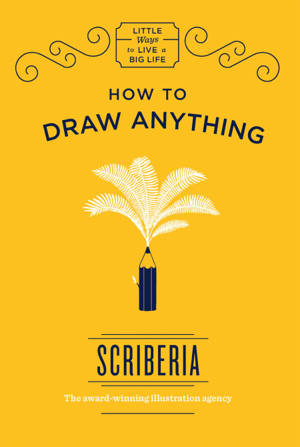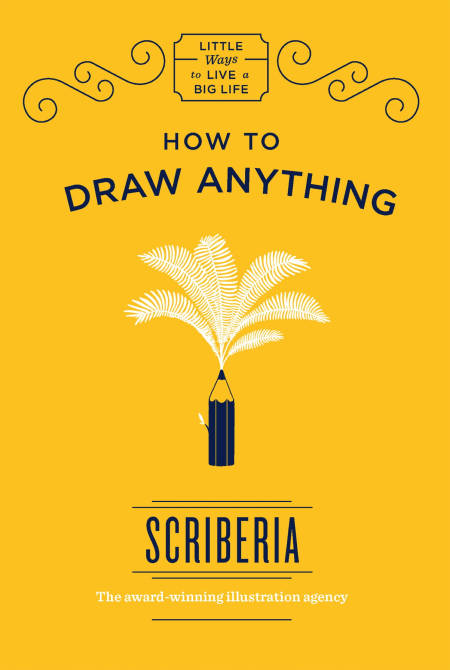
- Retrait gratuit dans votre magasin Club
- 7.000.000 titres dans notre catalogue
- Payer en toute sécurité
- Toujours un magasin près de chez vous
- Retrait gratuit dans votre magasin Club
- 7.000.000 titres dans notre catalogue
- Payer en toute sécurité
- Toujours un magasin près de chez vous
How to Draw Anything EBOOK
Description
As children, when we learn to write, we gain an important life skill - a practical means of communicating that we end up using almost every day of our lives, if only to jot down a shopping list or dash out an email. As children, we also know instinctively that drawing is a great way to communicate, but later in life it isn't universally valued and nurtured in the way that writing is. It's not seen as a necessity, it's seen as a specialism.
As a result, most of us are robbed of a powerful, rewarding and perfectly achievable skill by a set of assumptions that are just plain wrong. In the 18th and 19th centuries drawing was central to a good education, not because we were training future artists, but because we were training future doctors, nurses, scientists, engineers, builders, cartographers, carpenters, plumbers and gardeners. We recognised the power of drawing to reveal, explain and clarify where words alone fell short. Florence Nightingale's visualisations of mortality data in the Crimean War saved many lives. From the scruffy sketchbook pages of Alexander Graham Bell came the first telephone. Charles Darwin grabbed a scrap of paper and mapped out the tree of life. They all understood that a good drawing is not one that is beautiful but one that does its job. Not a work of art, but art that works.
How to Draw Anything sets out to repair our broken relationship with drawing. Firstly, this book asks you to pick up that pencil from where you left it all those years ago and start making pictures again. It will give you back the confidence and joy in drawing you never should have lost. And secondly, How to Draw Anything will equip you with new means of solving problems, sharing ideas and telling stories. It will take drawing out of the art world and put it into your world, introducing you to drawing as a practical tool for everyday life that will change the way you work, think and communicate.
Spécifications
Parties prenantes
- Editeur:
Contenu
- Langue:
- Anglais
- Collection :
Caractéristiques
- EAN:
- 9781786485403
- Date de parution :
- 20-09-17
- Format:
- Ebook
- Protection digitale:
- Adobe DRM
- Format numérique:
- ePub






